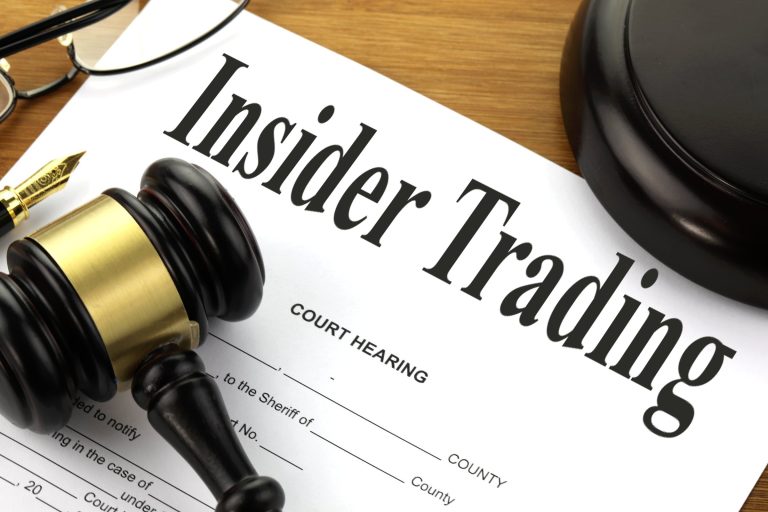Date: 2025-07-15
CNR owns and operates one of the largest freight rail networks in North America. It hauls goods such as grain, coal, chemicals, automotive parts, intermodal containers, and crude oil. Revenue is generated through long-term freight contracts, typically priced by tonnage and distance.
Is the business model simple and sustainable?
Yes. The rail business is straightforward: maintain infrastructure, move goods, and charge by distance. Rail is more energy-efficient than trucking and more cost-effective for bulk loads, making the model highly sustainable for decades.
Does the company have a durable competitive advantage (moat)?
Absolutely. CN has:
- Massive barriers to entry (railroads are a natural monopoly)
- Cost advantages (economies of scale)
- Route dominance in Canada and deep U.S. access
- A regulatory moat protecting existing operators
Who are the company’s competitors, and how is it positioned?
Key rivals:
- Canadian Pacific Kansas City (CPKC)
- Union Pacific (UNP)
- CSX and BNSF (U.S.)
CN is arguably the most efficient Class I railroad in North America, with a balanced exposure to east-west Canadian routes and U.S. markets. Operational excellence and safety are its trademarks.
Is management competent, honest, and aligned with shareholder interests?
Yes. CN’s management has consistently delivered solid returns on equity (21.13%) and capital (8.58%). Share buybacks and disciplined dividend growth show alignment with shareholders. However, more transparency around capital allocation during low-growth periods would be ideal.
Is the stock undervalued compared to its intrinsic value?
No.
Using a 9% discount rate and conservative 5% FCF growth, intrinsic value = C$31.51/share.
Current market price = C$144
This means it is overvalued by over 350%, offering no margin of safety at today’s price for a 9% annual return target.
Does the company use its capital efficiently?
- ROIC (TTM): 8.58%
- 5-Year Avg ROIC: 8.94%
Your hurdle is 9%, so CNR is just below your capital efficiency threshold. That means new investments may not compound at your target return.
Does the company generate strong free cash flow?
Yes. TTM FCF = C$3.15B, and 5-year average = C$3.65B.
FCF Margin is strong at 18.48%, well above the 10% benchmark. However, the P/FCF ratio is high at 28.67, signaling that the market is overpaying for its cash flows.
Is the balance sheet strong?
Moderate risk. Key figures:
- Current Ratio: 0.66 (low; signals liquidity risk)
- Debt-to-Equity: 1.91 (highly leveraged for a defensive stock)
- Long-Term Liabilities / 5-Year FCF: 8.79× (tight for long-term flexibility)
While manageable today, the balance sheet limits resilience in a downturn.
How consistent is earnings and revenue growth?
Stable, but modest:
- 3-Year Revenue CAGR: 5.6%
- 5-Year CAGR: 2.7%
- 10-Year CAGR: 3.46%
CNR is a slow grower, best for capital preservation, not compounding wealth at 9%+ annually unless bought at a discount.
What is the margin of safety in this investment?
None.
Your 9% return target implies a fair value of C$31.51, which is far below current market price. Even generous growth assumptions don’t justify today’s price.
What are the company’s biggest risks?
- Economic downturns reducing shipping volumes
- High debt levels
- Fuel price volatility
- Regulatory pressures around emissions and safety
- Infrastructure vulnerability to climate events or cyberattacks
Is the company diluting shareholders?
No. Share count has dropped ~12% over 5 years, reflecting solid capital returns via buybacks.
Is this company cyclical or stable? How would it perform in a recession?
Rail is cyclical, though CN is better positioned than many peers. Revenue would dip in a recession, but the company is likely to remain profitable.
What would this company look like in 5–10 years?
- Improved efficiency through AI and automation
- Larger intermodal share
- Potential modest geographic expansion
- Slower FCF growth unless freight volumes rise substantially
Would I still buy this stock if the market closed for 5 years?
Not at this price. It’s a great company, poor price. If purchased at C$70 or lower, it could be a safe 5-year hold. At C$144, the future return is likely below your 9% hurdle.
Is the company reinvesting in value-accretive ways?
Yes, but only marginally. Capex goes to long-term efficiency. Dividends (2.39% yield) and buybacks are steady, but the valuation premium makes new investments unattractive for your return goals.
Why is this stock mispriced or priced correctly?
The stock is likely priced correctly for a defensive dividend investor, not a 9% return seeker. Market participants may be accepting lower returns for perceived safety and reliability.
What assumptions would prove me wrong?
- If FCF grows 8–10% annually, then today’s price could justify a 9% return
- If interest rates drop, DCF discount rates would justify higher equity values
- If CN makes a value-accretive acquisition or unlocks new freight corridors
How does this fit into your portfolio strategy?
CNR is best as a capital preservation anchor, not a high-return compounder. It works if you’re diversifying risk, not if you’re aiming to beat the market.
Final Verdict
| Metric | Value |
|---|---|
| Intrinsic Value (9% return) | C$31.51 |
| Current Price | ~C$144 |
| Overvaluation | ~>350% |
| Buy / Hold / Sell | AVOID |
| 9% CAGR Potential | Not achievable at current price |
Conclusion:
CNR is a world-class railroad business — but it’s priced for perfection. As a long-term value investor seeking 9% annual returns, this stock offers no margin of safety. Put it on your watchlist and revisit if it trades closer to C$70–80, or if earnings materially accelerate.



